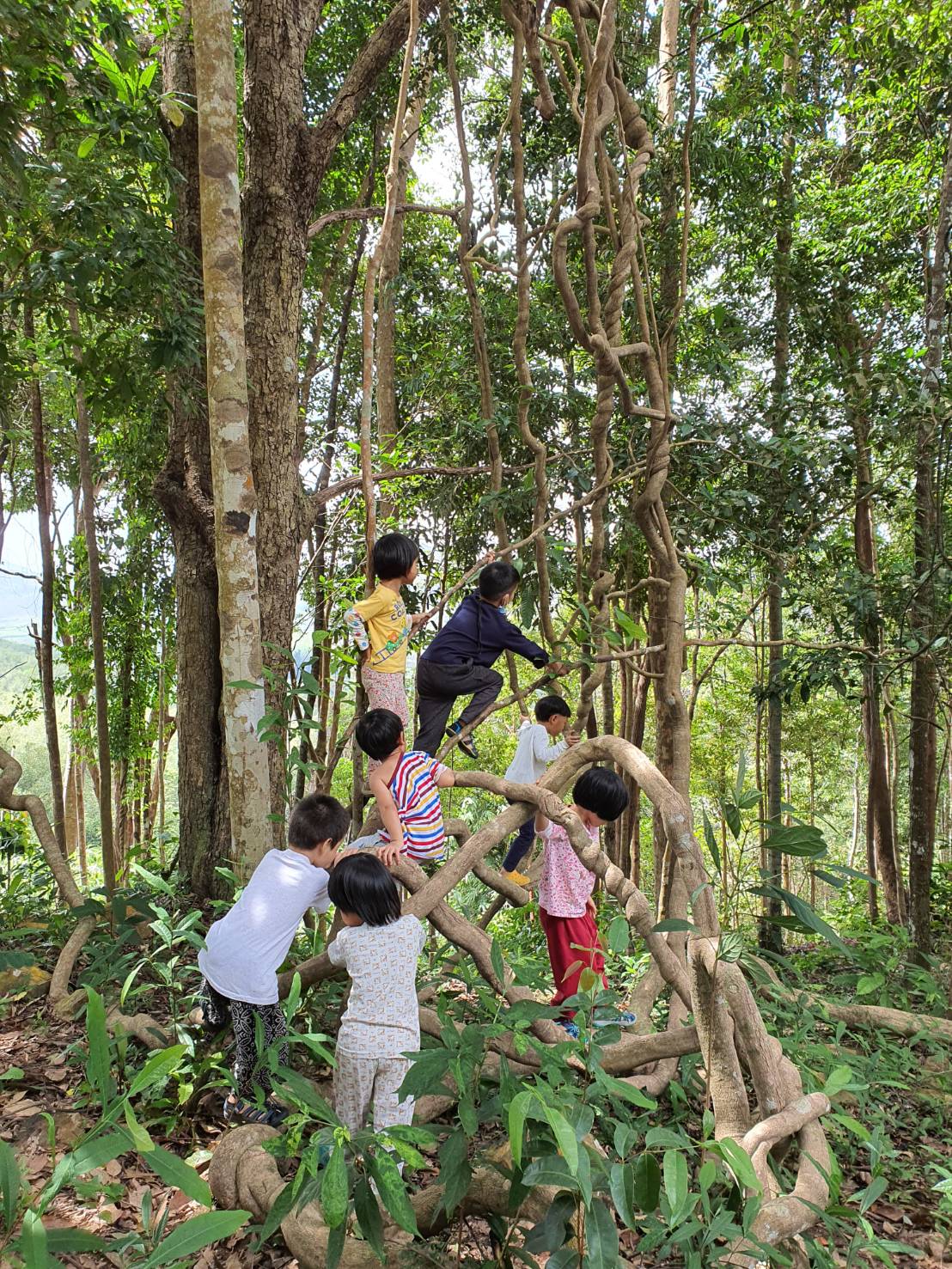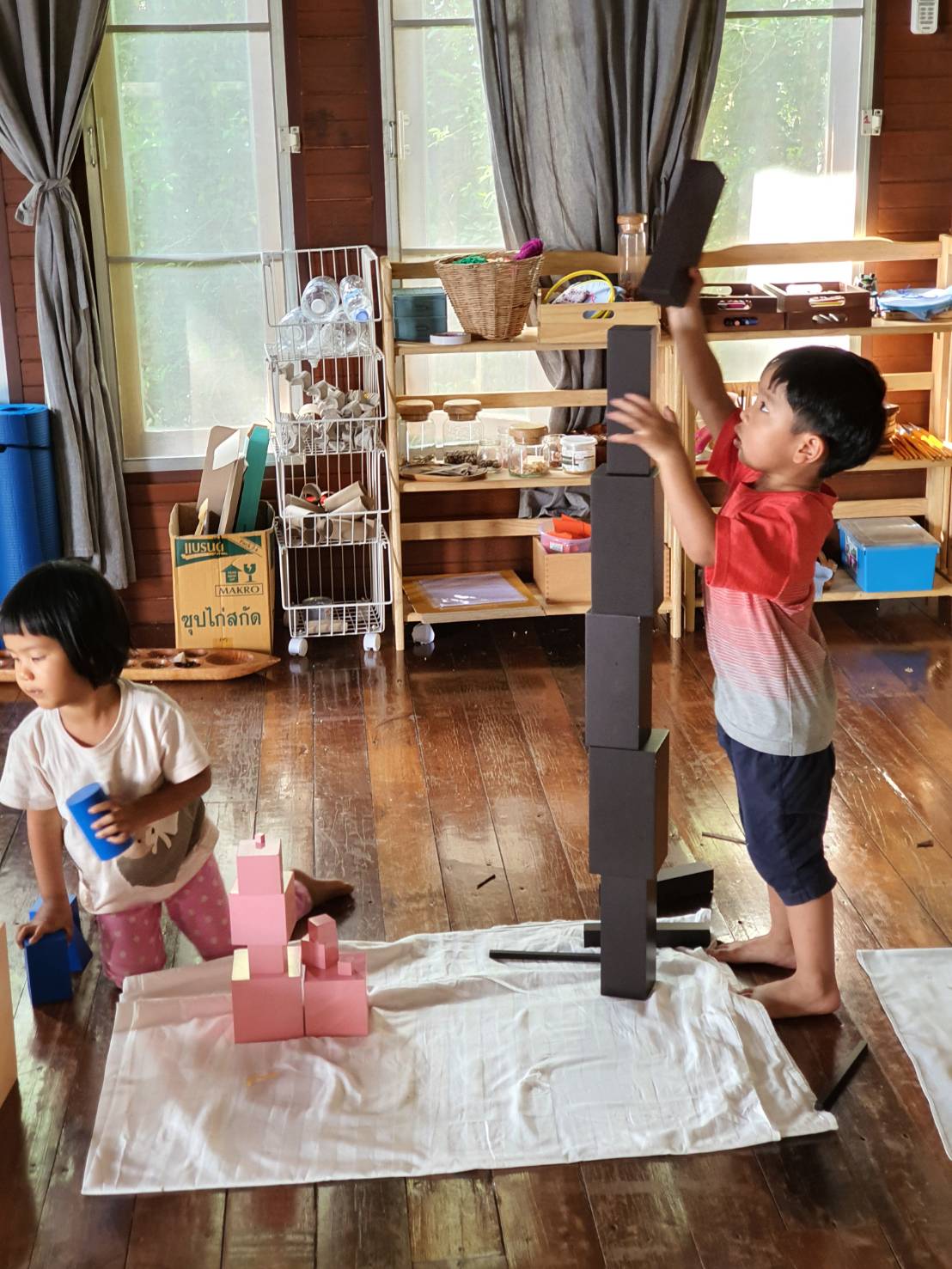Early Years Program
|
Based on the Early Years Foundation Stage (EYFS), the statutory framework for Early Years education in England, our curriculum draws content from some of the best approaches in progressive education to reflect our learning principles. For example, the natural outdoor environment acts as our primary learning space, inspired by forest school and play based educational practices. Our semi-structured activities have been inspired by the Reggio Emilia approach that allows for multiple ways of learning and expression. In this approach, teachers continually design the curriculum, units and lessons, in relationship to the unfolding interests and readiness of the children. In our early years program, children learn in a mixed age group and spend every morning in nature where they are drawn to explore, interact and become resilient. Wonder Valley’s natural setting provides space where children benefit from:
The morning session includes an unstructured free play session as well as a more structured session that incorporates elements from our early years curriculum.
Afternoon sessions are quasi-indoors with both structured and semi-structured activities organised to teach children skills appropriate to their development.
Our indoor learning space is divided into different corners for arts, handcrafts, woodwork, reading, numbers, language, music, role play and other loose ended materials that children can utilize to express themselves individually and in groups based on their individual learning processes.
Our pedagogy is grounded in the constructivist approach, which emphasises learning new knowledge and skills through experiences and actively doing, as opposed to the conventional methods in which students are passive learners awaiting for knowledge to be passed to them. Teachers are trained in how to guide students to ask questions and give attention to the answers that they discover together, not jumping ahead of where the child is, being present and curious in relation with each child’s blossoming interests.
Children are taught to read when showing interest and ability, following our phonics programme. Parents whose child has reached this stage are sent guidance on how to support their child’s learning at home and words to practise for a few minutes at home each day.
When conflicts arise between children we try to find out why and inquire into the issue together instead of treating it as something trivial or using methods of reward or punishment to address the situation. We allow children to express their feelings and emotions completely as they are without trying to change them to something more “desirable” or “good”. This creates space for them to feel the raw emotion without condemning themselves so that later on, they may be able to inquire into the cause of it and see its impact on themselves and others.
|
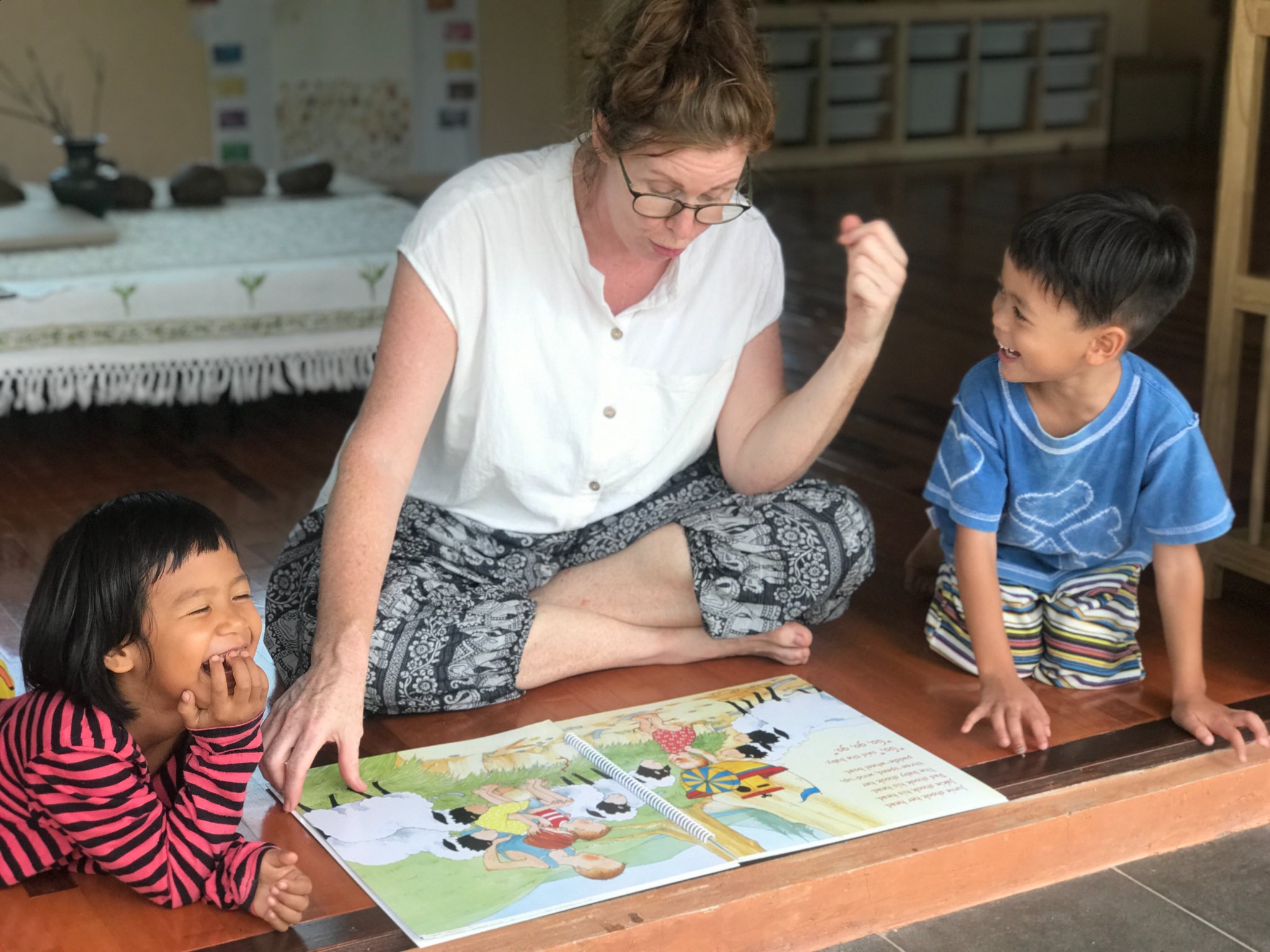 |
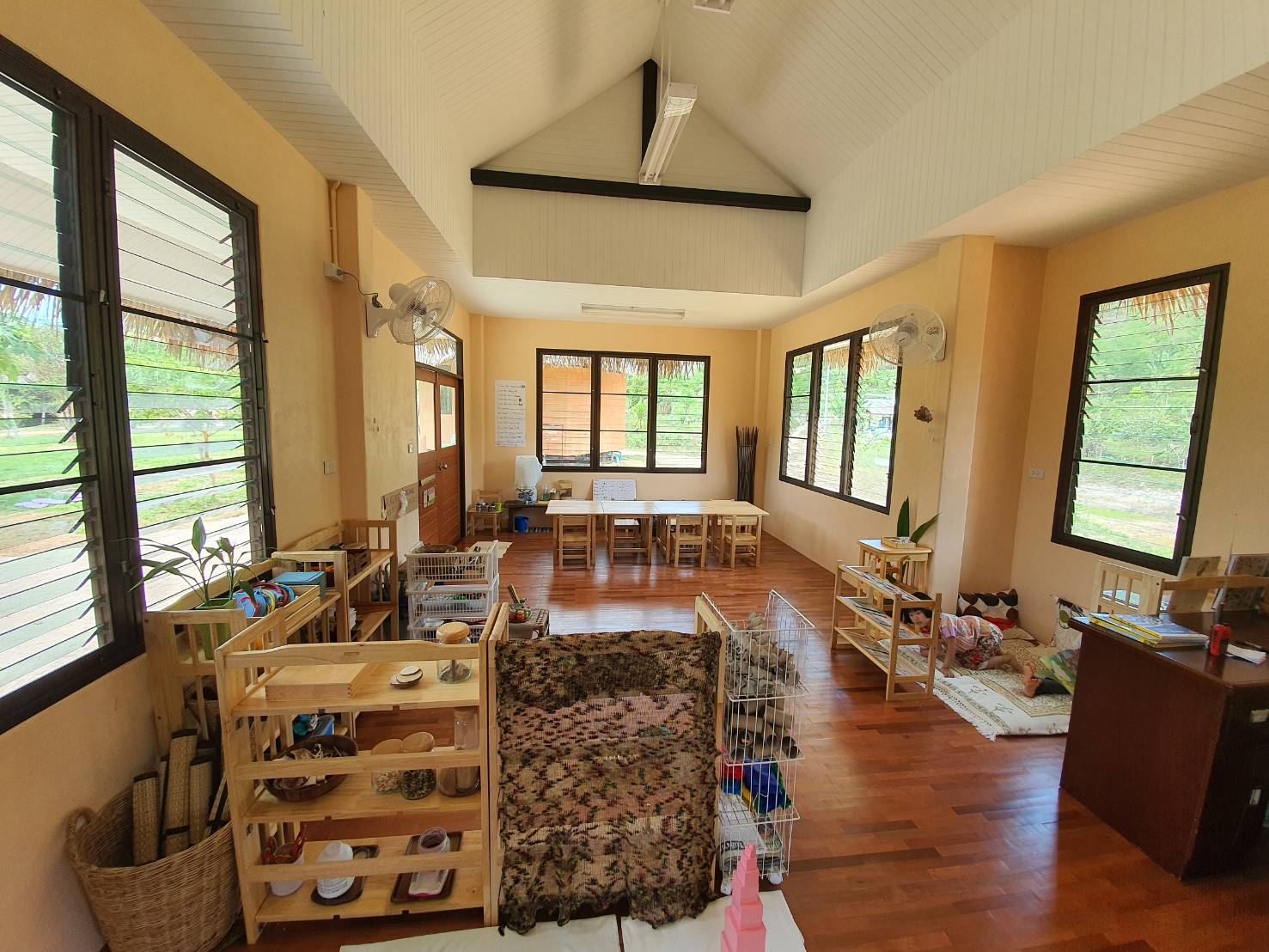 |
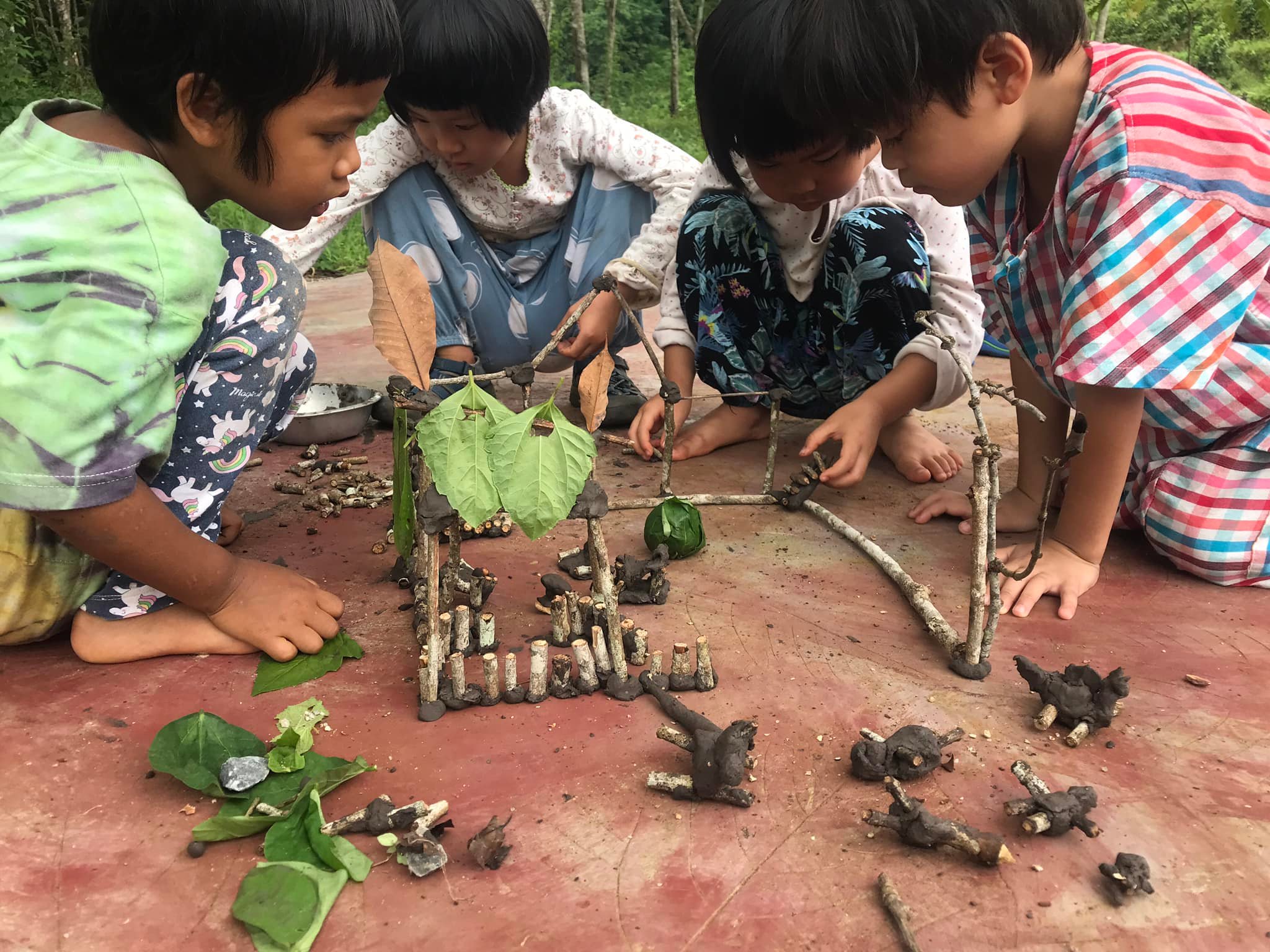 |





